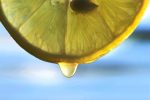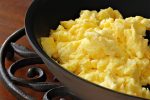Making sure the food our family eats is free from harmful viruses and bacteria is up to us. We must follow a few health guidelines to keep our food clean, and that includes how we store the food, how we cook it, and especially how we handle it.
Some foods should definitely be washed before cooking or eating; after all, there’re tons of harmful bacteria and plenty of unhealthy chemicals, pesticides, and preservatives out there. Other foods are better left untouched.
Here are 7 foods you should be washing:
Avocados
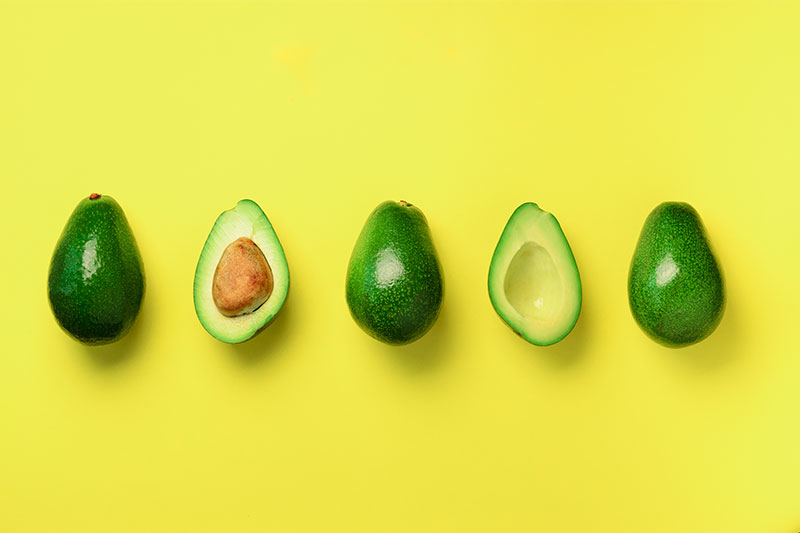
Avocados are fantastic; they’re not only deliciously creamy, but they’re also super good for you. Sadly, avocado trees are prone to many insects and diseases, so growers spray them heavily with insecticide and other chemicals to protect their crops. Although the insides are perfectly safe to eat, it’s better if you wash your avocados to avoid contaminating their pulp when you cut them open.
Kale
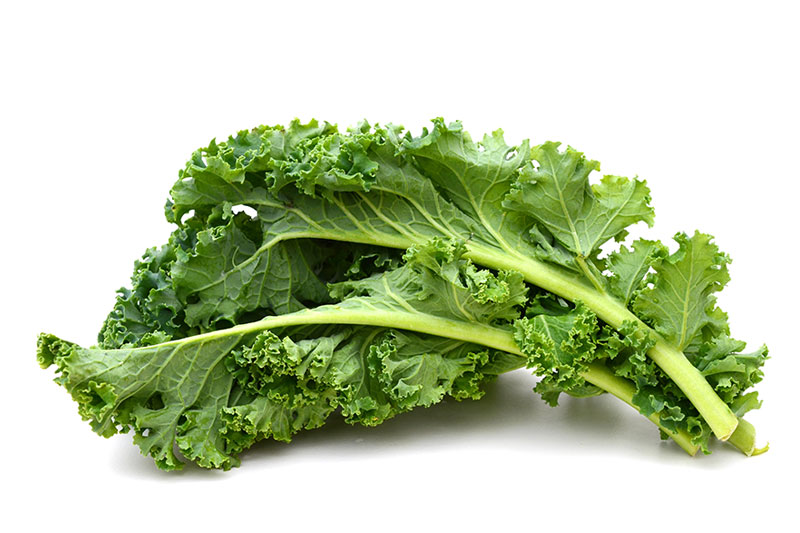
Kale, but also all other leafy greens like spinach, Swiss chard, and even broccoli are often contaminated with chemical treatments. As you know, these plants are grown on the ground, and insects often attack them. Edible leaves are the most dangerous produce for chemical contamination, so wash them thoroughly.
Oranges
Just like with avocados, wash your citrus fruit before eating, because the peel might have fertilizers and pesticides. The sweet oranges are often under insect attack, so it’s not rare to see farmers spray the trees heavily. You might contaminate the fruit when you slice your fruit.
Potatoes
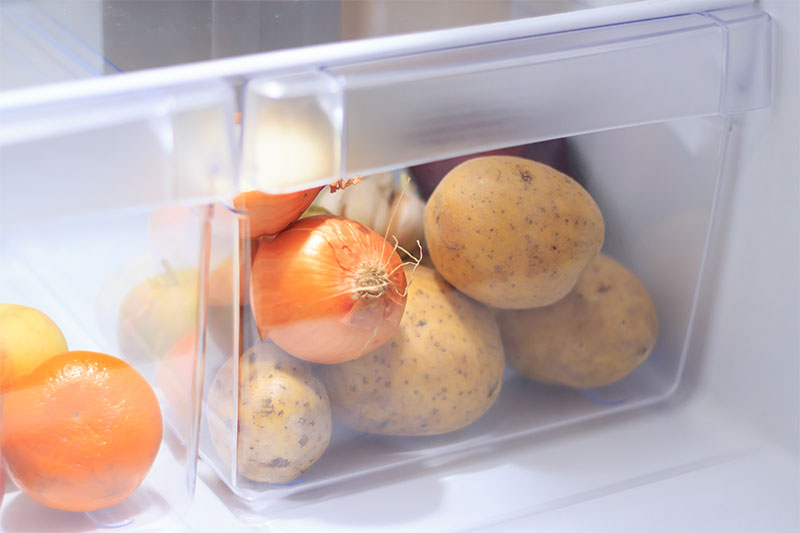
Potatoes grow underground, so that’s a pretty good reason to give them a good rinse. The root veggie is also rugged and often has lots of nooks and crannies, meaning insects and bacteria can hide in them. Even if you remove the peel, the blade will contaminate the potatoes as you peel it.
Apples
Apples are ready to eat, right? Well, they’re almost ready. Although it’s totally safe to eat the apple peel, it might be contaminated with bacteria, and there’s more. Apple’s glossy finish comes from a thin wax layer, so you’re better off rinsing them with warm water to remove the wax before eating.
Cooking Herbs
Basil, cilantro, chives, mint, you name it. Fresh herbs commonly contain herbicides and pesticides. They might have some earth too, so washing and disinfecting them before eating or cooking with them is a must. Herbs are some of the dirtiest foods in the supermarket.
Canned Goods
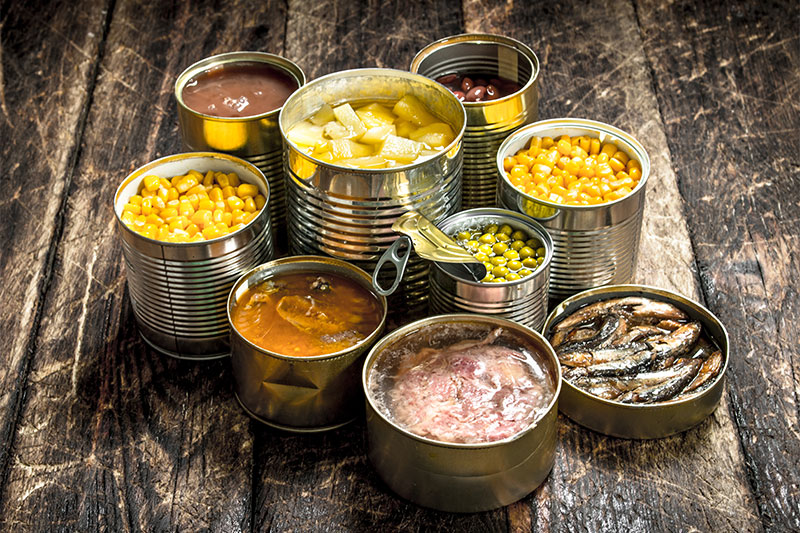
Should you wash your cans before opening? Yes, you should. Food inside a can is perfectly safe to eat, but the can itself is often stored for weeks or months in damp warehouses, and both insects and rodents walk and do other things over them. By washing them, you can reduce the possibility of contaminating the food inside the can.
7 Foods you don’t need to Wash
Some food is better unwashed. For starters, it might already be clean and safe, but sometimes washing them could cause new health risks. These are 7 food you don’t need to wash.
Chicken
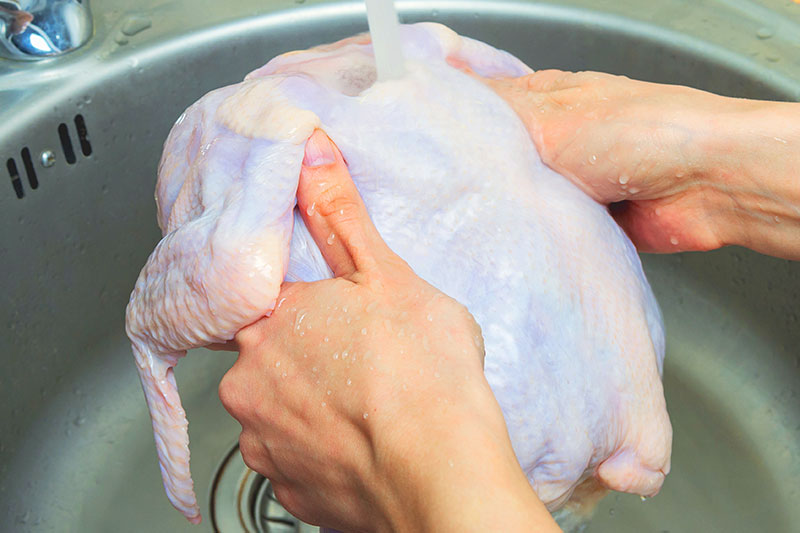
Washing raw chicken in the sink before cooking is a bad idea. Salmonella, possibly present in the chicken, can contaminate your whole kitchen under a stream of water. Cooking the chicken without rinsing is more than enough to eliminate all bacteria.
Mushrooms
Mushrooms are like sponges, so they’ll absorb lots of water when you wash them. This affects their flavor and texture. Use a clean cloth and rub your mushrooms to eliminate dirt instead. You can also rub them with white flour to eliminate impurities; this method makes them keep their shape as well when you cook them; they won’t shrink as much.
Pasta
You obviously need not wash dried pasta, no one does that, but many people rinse it after cooking. This eliminates the starchy water that gives pasta dishes their lovely texture and allows the sauce to stick. Rinsing boiled pasta might weaken it, leaving soggy and slimy noodles instead of firm, ‘al dente’ spaghetti.
Fish
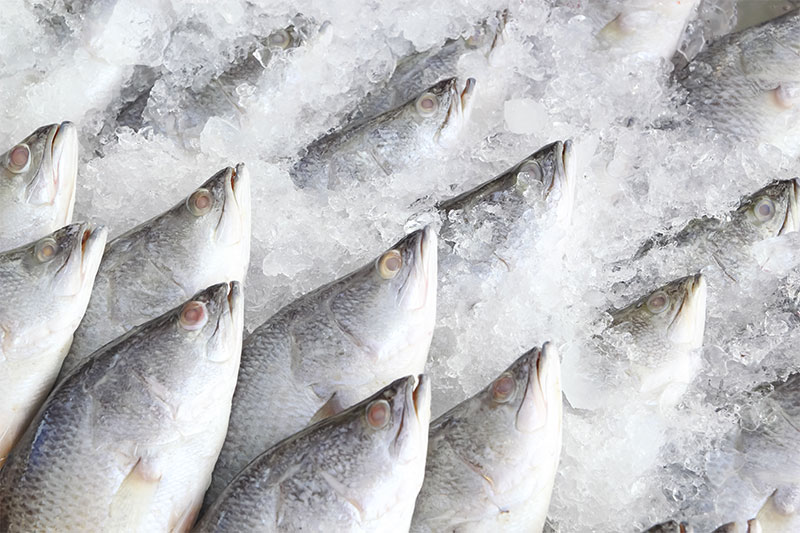
As with chicken, raw fish might have impurities and microorganisms, and they volatilize when you wash it in the sink. This might contaminate all your kitchen, and it’s unnecessary — all harmful bacteria die when you cook the fish. That’s why it’s dangerous to eat raw fish if you don’t know what you’re doing.
Eggs
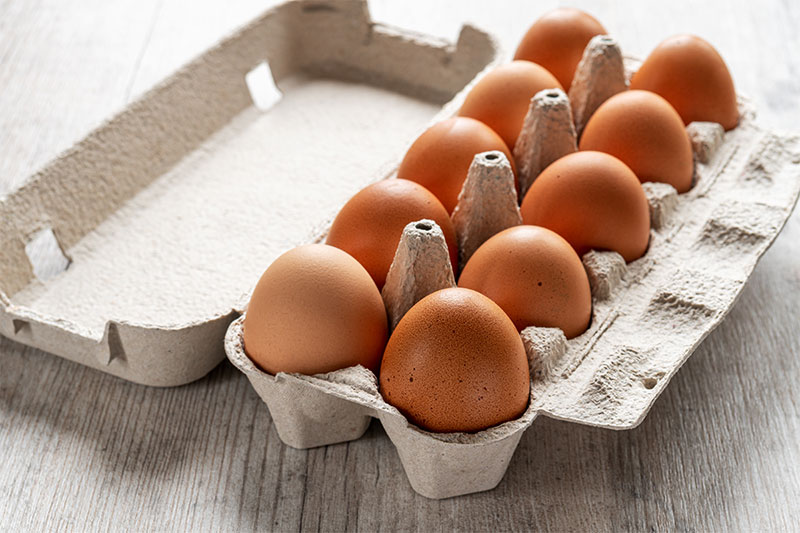
Different countries handle eggs differently. In the US, eggs are washed and sterilized before being sold, that’s why you must store them in the fridge. You don’t have to wash these. Other countries, like in Europe, don’t wash eggs, so they keep the shell’s natural protective layer. You can store these eggs on the counter without risk. You should only wash these right before cooking them.
Packaged Salad
Packaged lettuce and mixed salads are already washed and disinfected. They’re ready to eat right out of the air-tight bag. You don’t need to clean or disinfect them again. If you’re adding tomatoes or other veggies to your salad, do wash and disinfect those.
Food in Jars
Unlike cans, jars are a much cleaner type of packaging, and it’s rare to see the food contaminated by the cap. You don’t need to rinse or wash your jars before opening them unless, of course, you encounter a stubborn jar. In that case, a stream of warm water might help you open it easier.
Stay safe and use your common sense.
Don’t be hygiene obsessive, but don’t be careless either. Practice some common sense and follow some simple food safety rules. Wash all your produce, but don’t wash meats. Wash cans but not jars and make sure you cook everything at the right temperature to kill any remaining bacteria. You’ll be fine!

